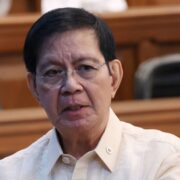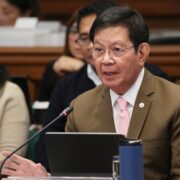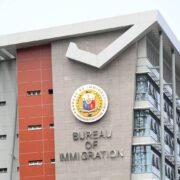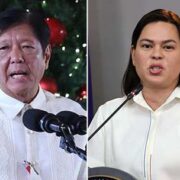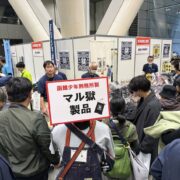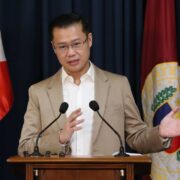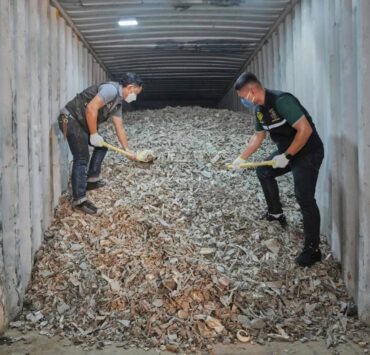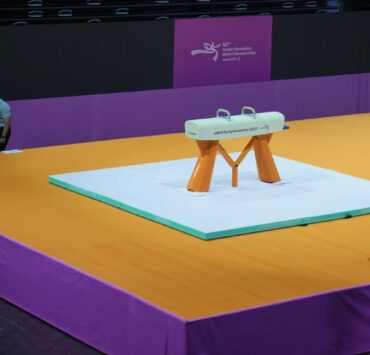‘Neither war nor peace’: Iran faces ‘permanent state of crisis’
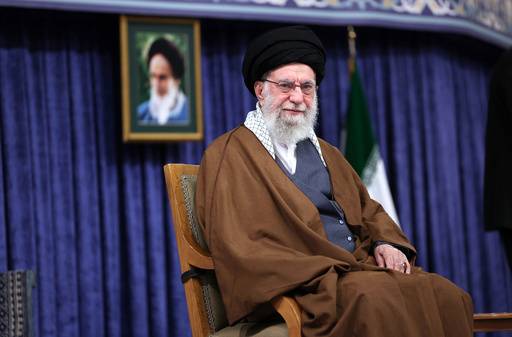
Iran has been bombed, seen United Nations sanctions reimposed, and its economy collapse further into the red this year.
But its theocracy so far hasn’t taken any major action to halt the slide, restart crucial nuclear negotiations with the West, or fully prepare for possible further hostilities with Israel and the United States.
In the past, Iran’s 86-year-old Supreme Leader Ayatollah Ali Khamenei heralded the benefit of Tehran’s “strategic patience” in confronting its enemies. Now, however, concern is growing that patience has slipped into paralysis as Iran’s partners in its self-described “Axis of Resistance” have been devastated and there’s no overt sign of materiel support from either China or Russia.
“One of the harms and dangers facing the country is precisely this state of neither war nor peace, which isn’t good,” Khamenei himself warned in September.
But there’s been no move to change that calculus, as Iranians themselves remain fearful of war resuming. Each fire or industrial accident becomes grist for new worry as they watch their life savings further dwindle as Iran’s rial currency falls to historic lows against the US dollar.
“Even if we accept that the possibility of a second war exists, the right approach to governing the country is not to keep public opinion in constant anxiety through recurring alerts every few days,” said Ali Abdullah Khani, an analyst with Iran’s Presidential Strategic Affairs Office, in an interview published in October by the website NourNews.
“Such a policy places the nation in a permanent state of crisis – a condition in which it always seems that war could break out at any moment, and as a result, all managerial and political capacities are consumed by confronting a presumed and hypothetical conflict.”
‘Legally flawed’
The United Nations reimposed sanctions on Iran last month, but Tehran has sought to downplay their effect or even insist they don’t exist. The sanctions date from Tehran’s 2015 nuclear deal and were reimposed by a mechanism known to diplomats as “snapback.”
China, Iran, and Russia issued a tripartite statement over the weekend, decrying them as “legally and procedurally flawed.”
But while China and Russia have signaled they won’t enforce the sanctions, the US, European nations, and others are.
Some of the measures are pretty out of date – for instance, sanctions on Iranian Revolutionary Guard Gen. Qassem Soleimani, who was killed in a US drone strike in Baghdad during President Donald Trump’s first term in 2020.
But the main ones squeeze Iran’s Central Bank and its oil exports, one of the few sources of hard currency for the government. That could allow for the seizure of Iranian crude oil shipments on the seas, something that in the past has sparked confrontations with Tehran.
The June war saw Israel kill top leadership in Iran’s regular military and its paramilitary Revolutionary Guard, a force answerable only to Khamenei that controls its own arsenal of ballistic missiles.
In the time since, Iran has held no major military parades and conducted only limited drills at sea – likely out of the concern of providing Israel with any tempting targets.
Competing camps
Criticism is slowly rising to the surface of Iran’s theocracy, which under Khamenei has grown into various competing camps and agencies often tasked with the same missions.
Ali Shamkhani, a top adviser to Khamenei who survived an Israeli attack targeting him during the war, said in an online video that Iran’s earlier attacks against Israel in 2024 “did not achieve the outcomes” sought by Tehran – a rare acknowledgment by a senior official of the low accuracy plaguing the theocracy’s vaunted missile arsenal.
He also even went as far as to openly muse about Iran pursuing a nuclear weapon – something Tehran long has insisted it doesn’t want to do despite the West and the International Atomic Energy Agency saying the Islamic Republic had an organized weapons program up until 2003.
“Now that it has become clear, Iran should have developed this capability for itself,” Shamkhani said.
After the interview, Shamkhani found himself targeted by the leak of a video from his daughter’s wedding, in which she was unveiled and wearing a wedding dress with a plunging neckline – something criticized by hardliners who have been calling for a new campaign targeting women over the mandatory hijab, or headscarf.
Former President Hassan Rouhani, who reached the 2015 nuclear deal, meanwhile has stepped up his criticism of hardliners and sought to organize his fellow Shiite clerics in Qom, the Iranian seminary city. Executions are also now at a decades-long high.
Economic turmoil
The theocracy meanwhile has largely been mute about the economic turmoil, sparked by exchange rate pressure, loose fiscal policies, and sanctions, the International Monetary Fund said this week.
The IMF estimates annual inflation in Iran to be 45 percent by the end of the year, further eating into people’s already-shriveled savings.
Then there is Khamenei himself, with no clear frontrunner to succeed him. His profile has dropped since the war, with more delays surrounding the release of his remarks – likely again a security measure against possibly being targeted by Israel.
Speaking to athletes on Monday, Khamenei kept up his criticism of the US president and insisted Iran “will not submit to coercion.”
Trump “prides himself on ‘bombing and destroying Iran’s nuclear industry,’” Khamenei said. “Fine – keep living that fantasy.”
But for now, it doesn’t appear time is on Iran’s side.


